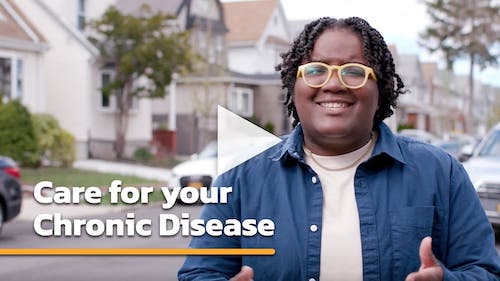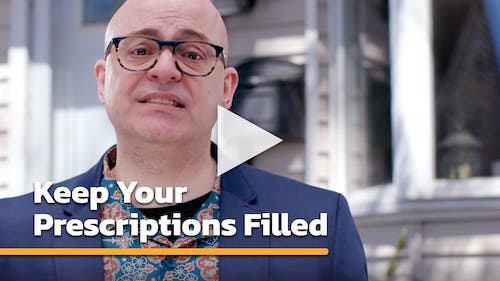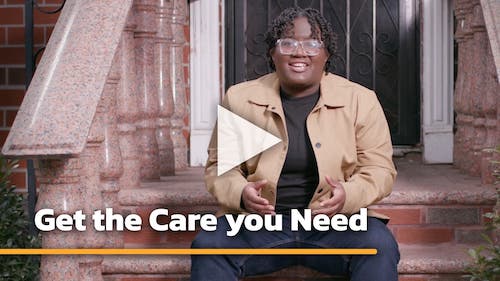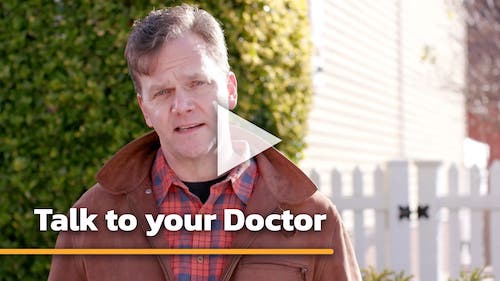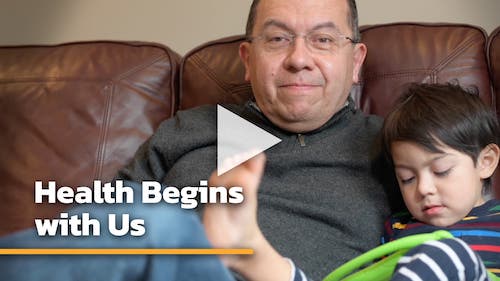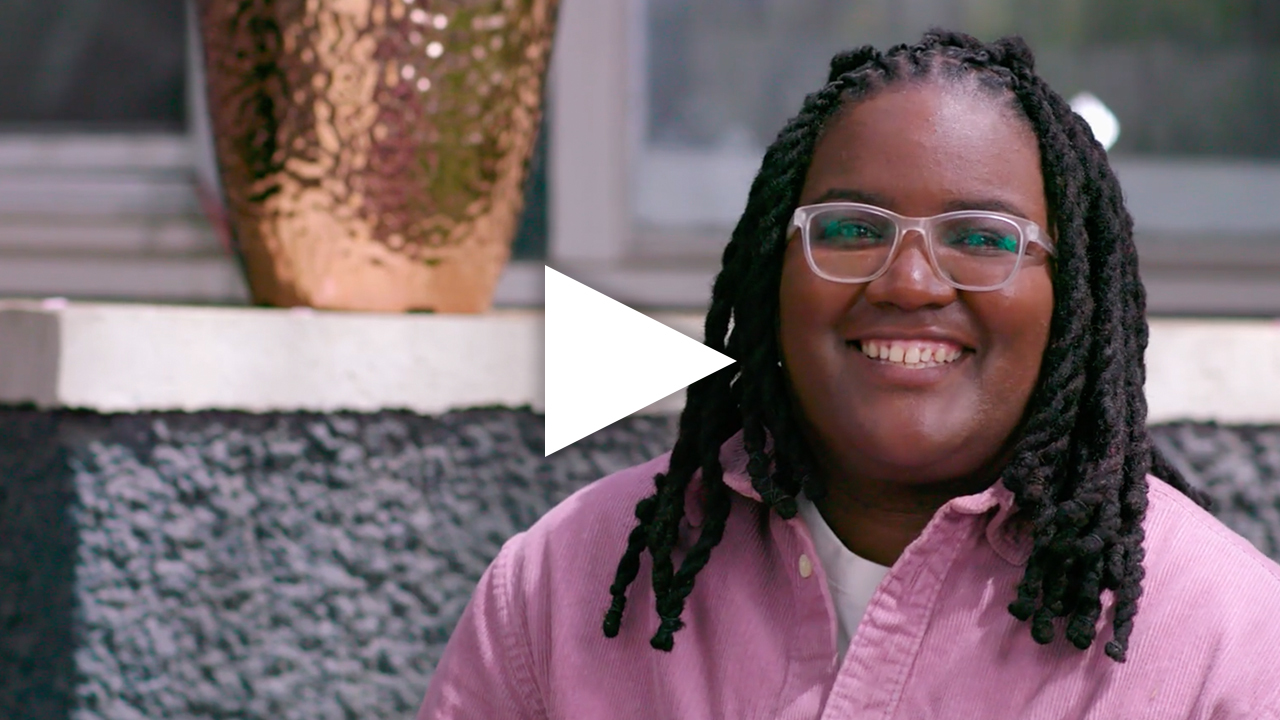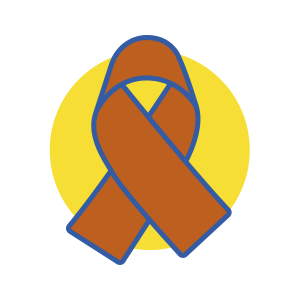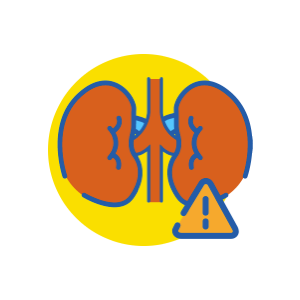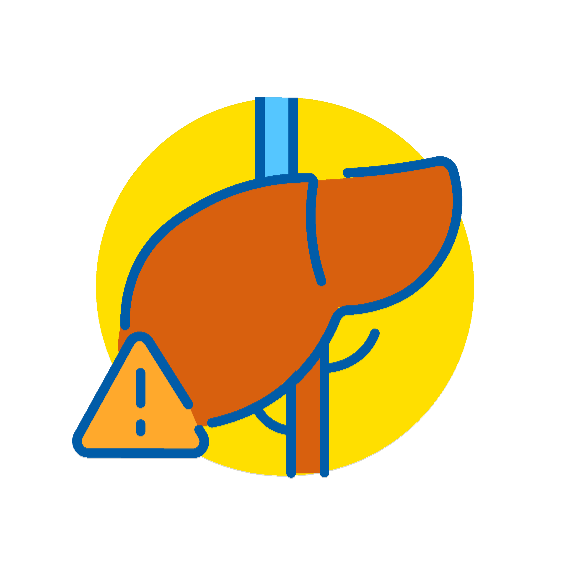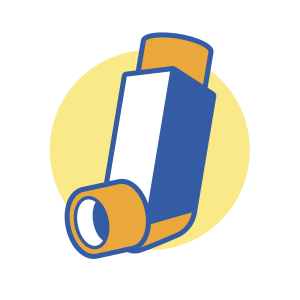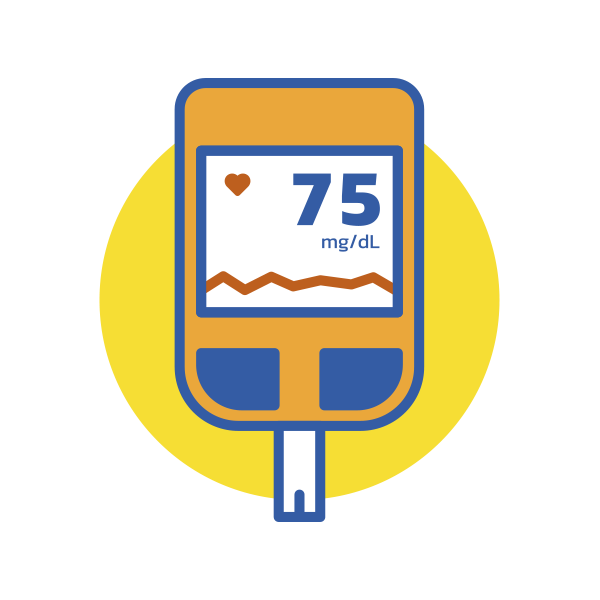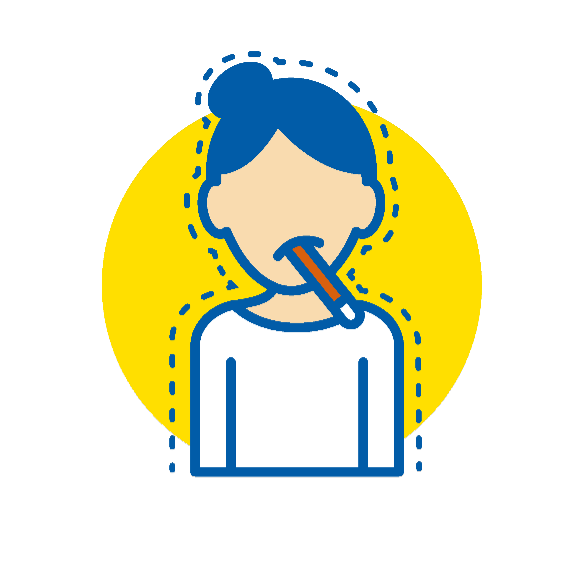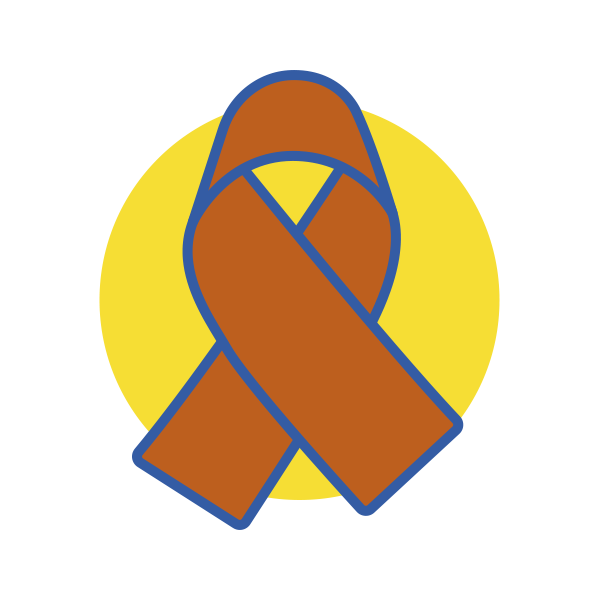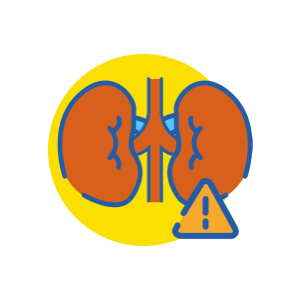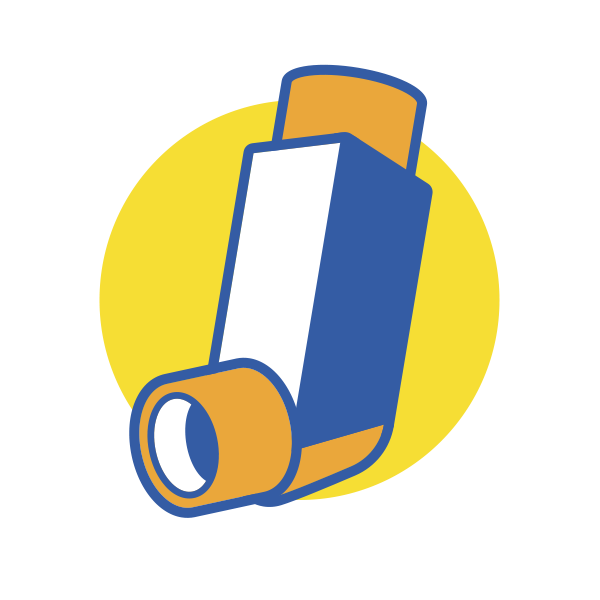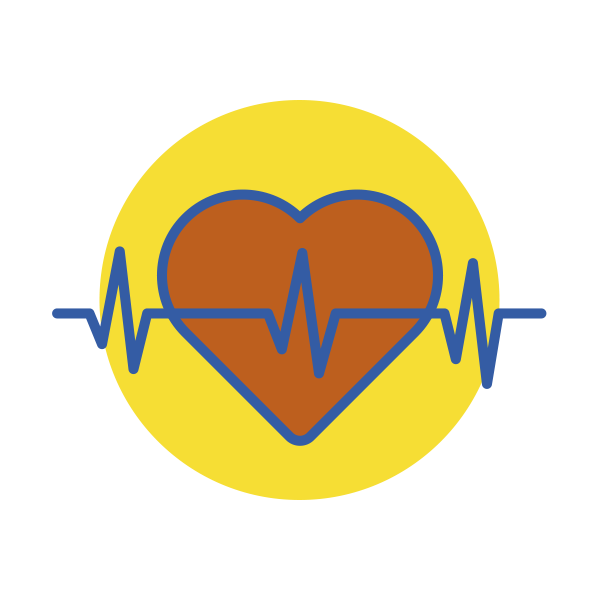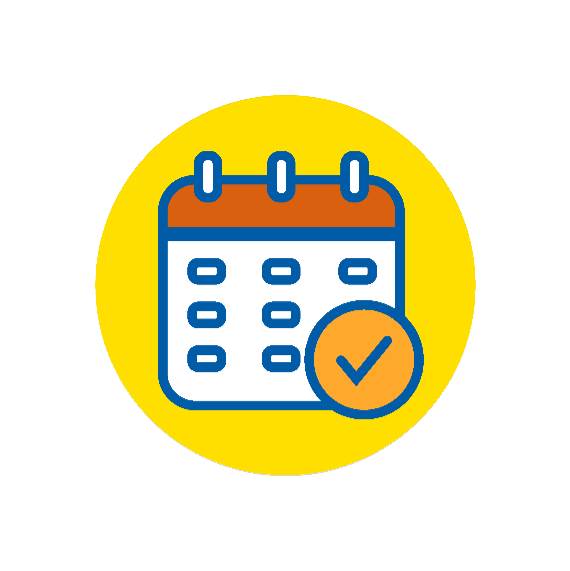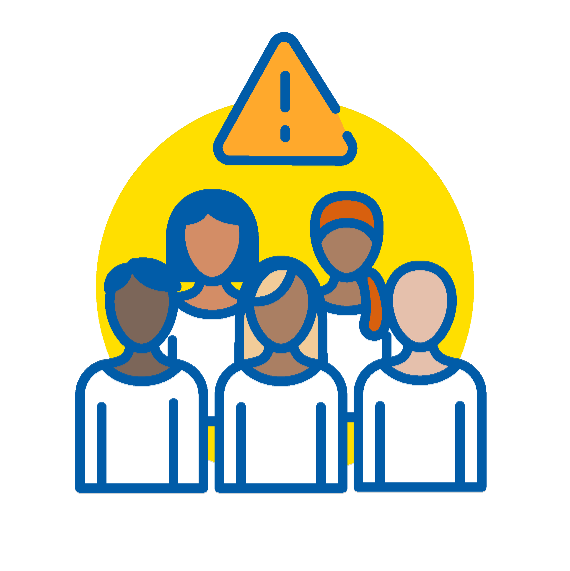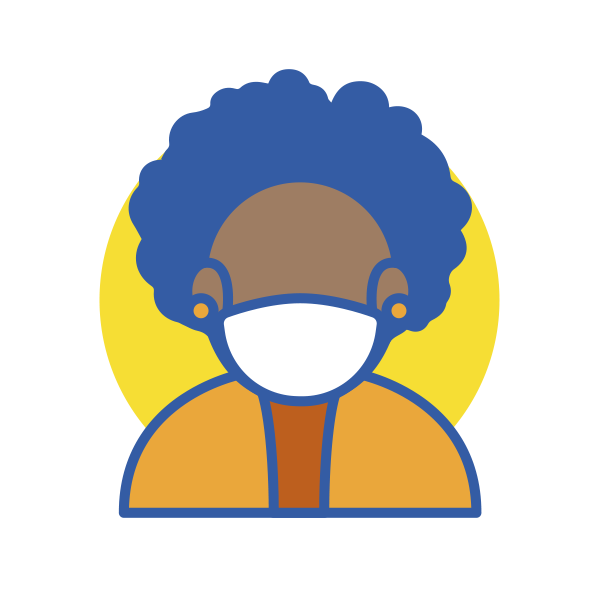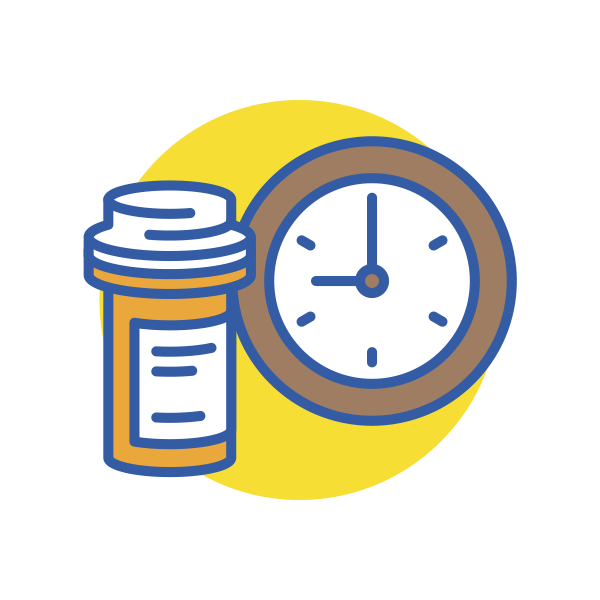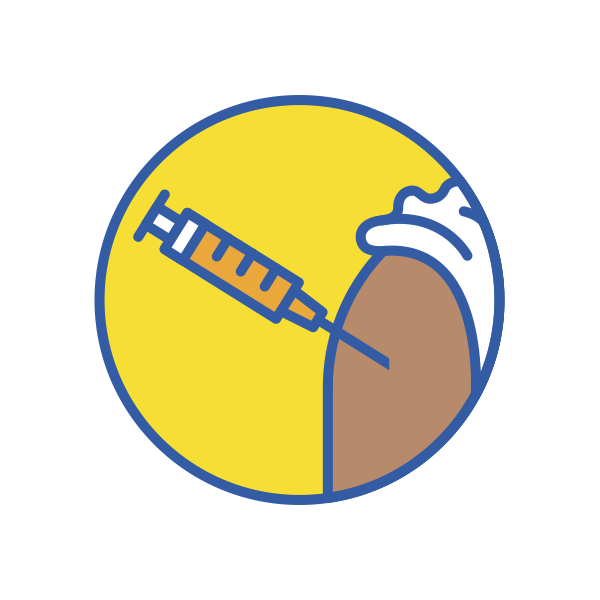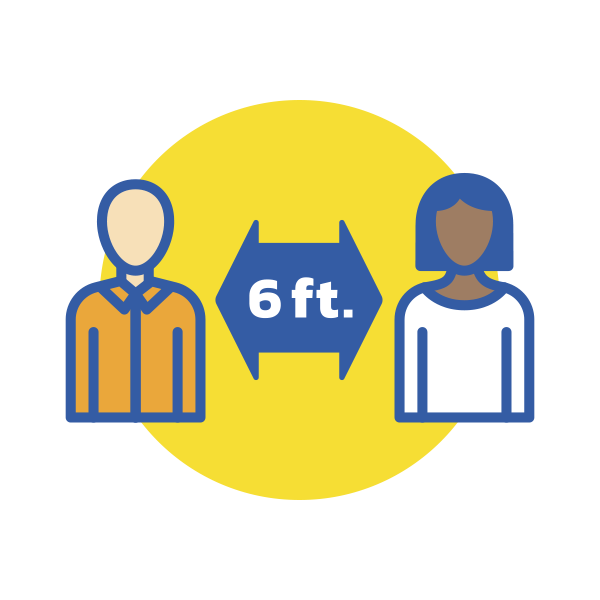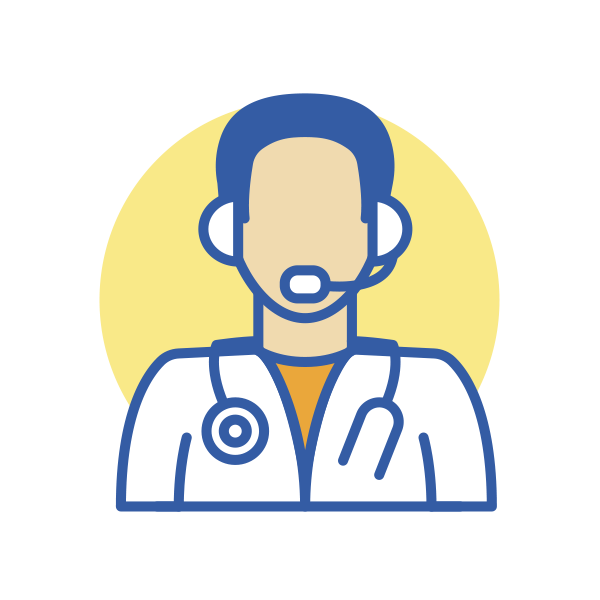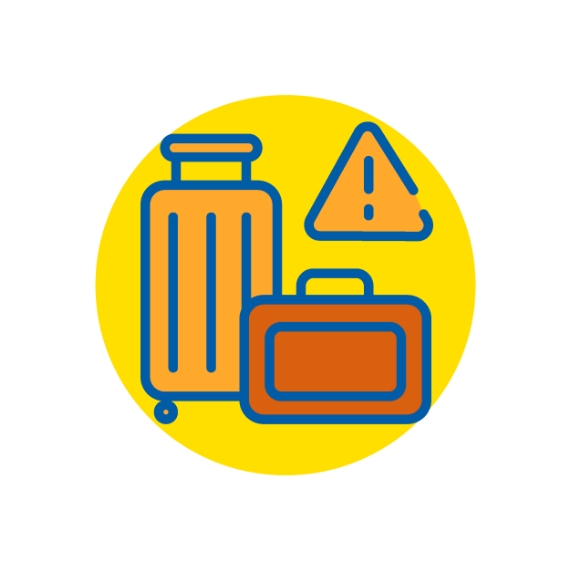Your Health Matters Beyond COVID-19
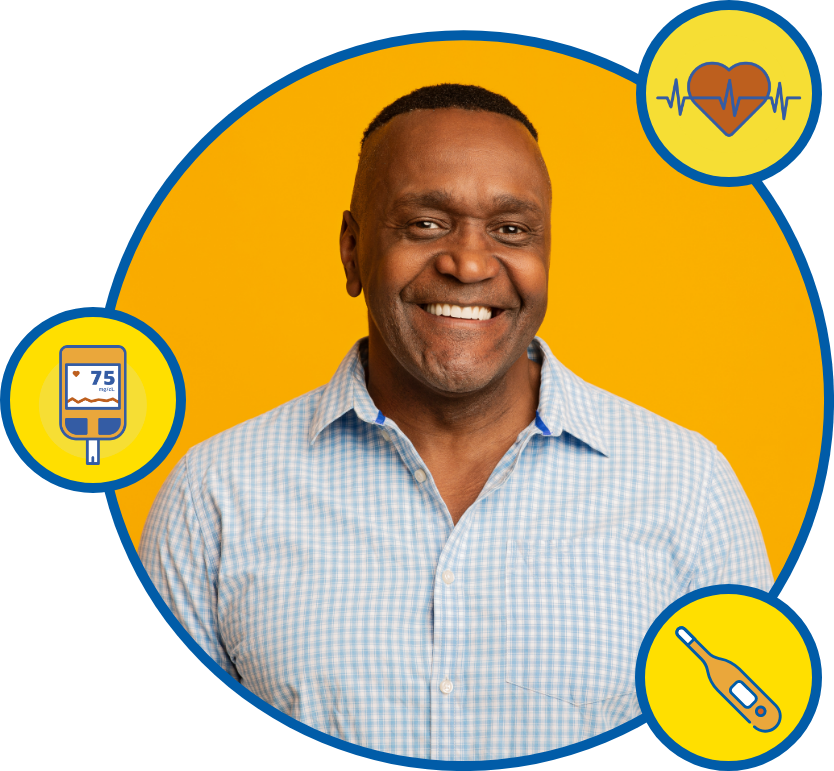
What you need to know about COVID-19 and living with chronic disease
COVID-19 still affects people of all ages, especially people over 65. People with chronic diseases like diabetes and high blood pressure also are at greater risk of being hospitalized or dying from COVID-19.
People who have one or more of these chronic conditions should be extra careful to protect their health from COVID-19:
People who have one or more of these chronic conditions should be extra careful to protect their health from COVID-19:
What You Can Do
Contact your nearest community health center or health department to learn how you can protect yourself and your family.
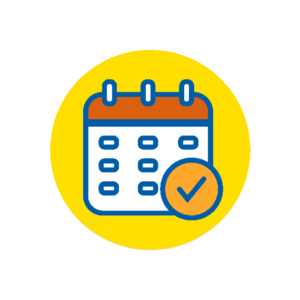
Stay up to date with your COVID-19 vaccines
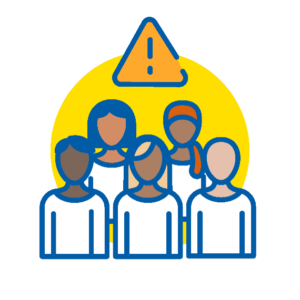
Avoid crowds and poorly ventilated spaces
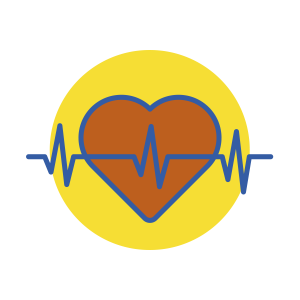
Monitor your
health daily
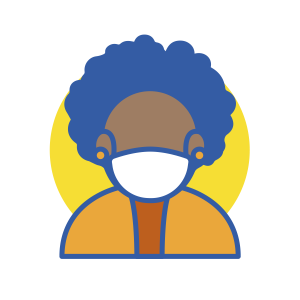
Wear a well-fitting mask when recommended
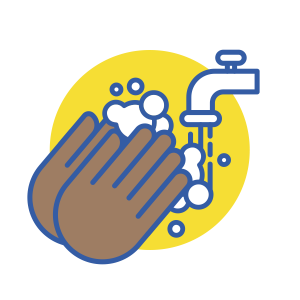
Wash your
hands often
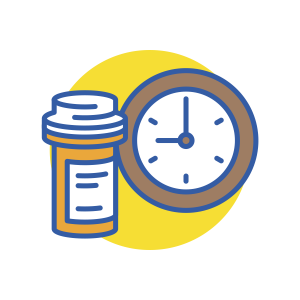
Have at least a 30-day supply of prescription and non-prescription medicines such as aspirin
What You Can Do
Contact your nearest community health center or health department to learn how you can protect yourself and your family.
What can people with chronic diseases and their families do to protect themselves from COVID-19?
Making healthier daily choices can help people prevent and improve their chronic diseases and overall well-being. A few ways to protect yourself against COVID-19 include:
Wearing a mask
Washing hands frequently
Quitting tobacco use
Eating healthy
Getting regular physical activity
Avoiding drinking too much alcohol
Visiting your doctor regularly for preventative services
What is COVID-19?
Coronavirus disease (COVID-19) is an infectious disease caused by the SARS-CoV-2 virus. People with COVID-19 have a wide range of symptoms reported – varying from mild symptoms to severe illness. Timing for symptoms to appear and symptoms themselves may vary based on what version of COVID-19 is spreading in the community. People with these symptoms may have COVID-19:
- Fever or Chills
- New loss of taste or smell
- Cough
- Sore throat
- Shortness of breath or difficulty breathing
- Congestion or runny nose
- Fatigue
- Nausea or vomiting
- Muscle or body aches
- Diarrhea
- Headache



